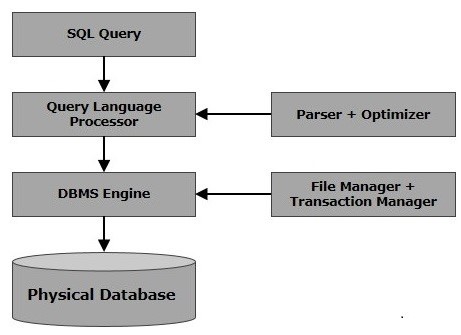Following Key Topics to Cover in Corporate SQL
Development-
1) Introduction to Relational Databases
- Understanding Relational Database Concepts
-
Relational Database Management Systems (RDBMS)
- SQL Standard and Dialects
-
Popular RDBMS (MySQL, PostgreSQL, SQL Server,
Oracle)
2) SQL Basics
-
Overview of SQL Statements (SELECT, INSERT, UPDATE,
DELETE)
- Filtering and Sorting Data
- Working with Aggregate Functions
- Joining Multiple Tables
3) Advanced SQL Queries
- Subqueries and Nested Queries
- Common Table Expressions (CTEs)
- Window Functions
- Stored Procedures and Functions
4) Database Design and Optimization
- Database Normalization
- Indexing and Query Optimization
- Performance Tuning Techniques
- Managing Database Constraints
5) Data Manipulation Language (DML)
- Inserting, Updating, and Deleting Data
- Transactions and Locking
- Working with Views and Materialized Views
- Managing Sequences and Identity Columns
6) Data Definition Language (DDL)
- Creating and Altering Tables
-
Defining Constraints (Primary Key, Foreign Key,
Unique)
- Managing Indexes and Views
- Granting and Revoking Permissions
7) Backup and Recovery
- Database Backup Strategies
- Point-in-Time Recovery
- Disaster Recovery Planning
- Backup Verification and Testing
8) Security and Compliance
- Securing Database Access
- Implementing Role-Based Access Control (RBAC)
- Auditing and Logging
-
Ensuring Compliance with Data Protection Regulations
Mastering corporate SQL development equips individuals
to work with relational databases effectively. This
curriculum covers core SQL concepts, advanced querying
techniques, database design and optimization, data
manipulation, DDL and DML operations, backup and
recovery, and security and compliance. By
understanding these topics, you can contribute
effectively to database projects and enhance your
career prospects in the data management field.



